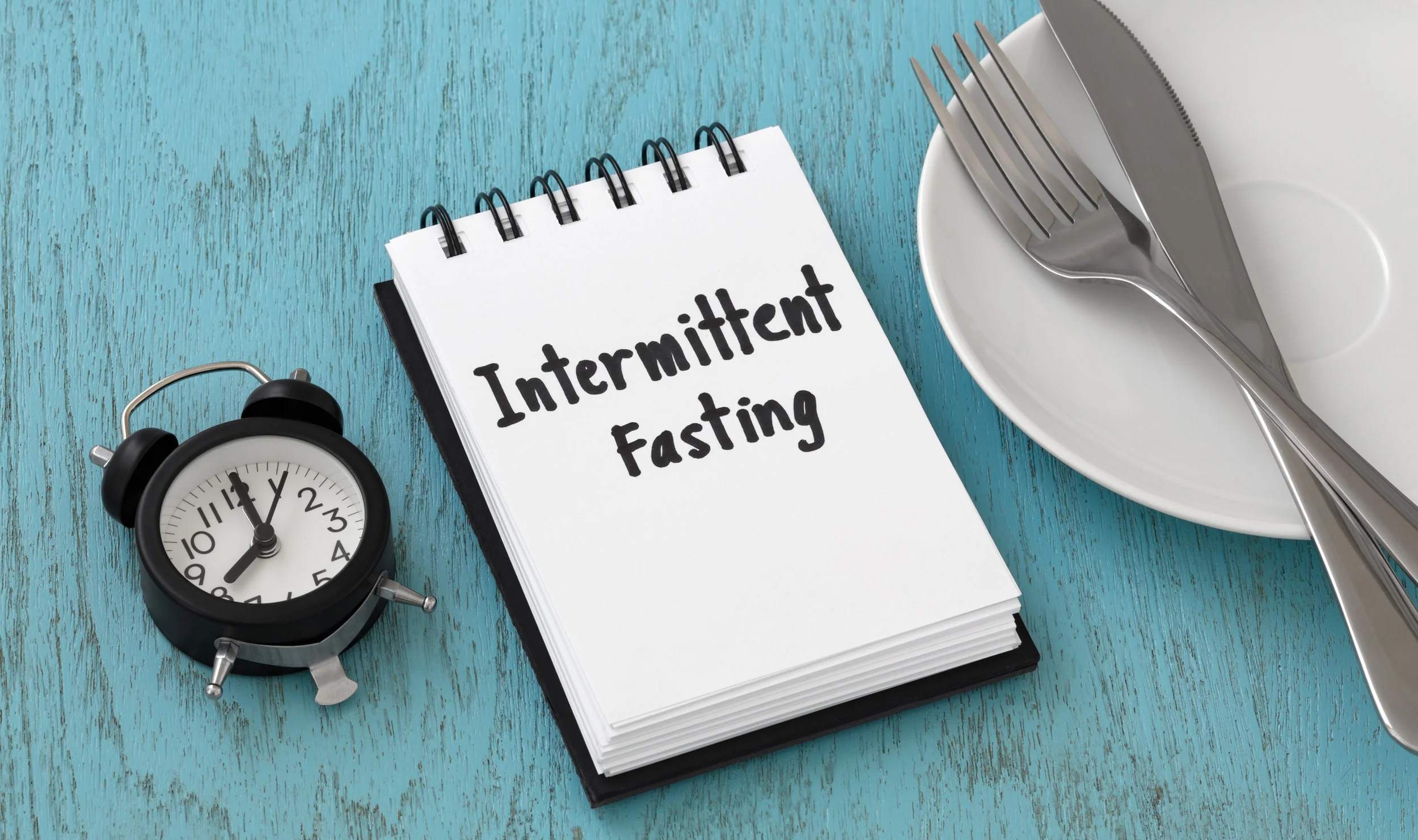The Best 3 Ways to Biohack Your Brain - Boost Cognitive Function, Focus And Maybe Drop A Few Pounds With These Biohacking Techniques
Have you ever seen the movie Limitless starring Bradley Cooper? In the movie, the fictional underground drug “NZT 48” is depicted as steroids for the brain allowing the user to access a larger percentage of their brain supposedly going from using 20% of your brain to 100%. Whomever takes “NZT 48” essentially turns into a superhuman version of themselves.
Have you ever seen the movie Limitless starring Bradley Cooper? In the movie, the fictional underground drug “NZT 48” is depicted as steroids for the brain allowing the user to access a larger percentage of their brain supposedly going from using 20% of your brain to 100%. Whomever takes “NZT 48” essentially turns into a superhuman version of themselves. What most people don’t know is that the mysterious designer drug “NZT 48” is actually based off a real pharmaceutical called Modafinil, a prescription drug tested on fighter-pilots in the military to fight fatigue and promote wakefulness during long flight missions.
Although the movie is a highly sensationalized and clearly an exaggerated depiction of any results currently possible with nootropics, a.k.a. smart drugs, it does beg the question; what can the average person or busy executive do to achieve greater focus, drive and the ability to think more clearly?
Enter the world of Biohacking:
First off, what is Biohacking exactly? The Webster dictionary defines biohacking as:
bi·o·hack·ing
noun, verb
the biological experimentation done to improve the qualities or capabilities of living organisms.
The world of biohacking can become a rabbit hole of contradicting opinions and seemingly bizarre practices, diets and supplements. You’ll hear nutrition plans ranging from The Keto Diet, The Bulletproof Diet, The Paleo Diet, The Plant-based Diet and even The Carnivore Diet, a caveman like eating protocol where one only eats hunks of meat and nothing else… straight-up savages ;)
You’ll hear trendy and cult-like practices of, dropping a chunk of grass-fed butter in your coffee and blending it with MCT oil (medium chain triglycerides) and advice to wear strange blue-light blocking orange sunglasses to shield your eyes from “junk light” to help you sleep better. If this is your first-time hearing this, it can be quite difficult to wrap your brain around some of the seemingly radical practices of biohacking. However, once you experience the some of the benefits of biohacking for yourself, it can also be difficult not to venture deeper into the rabbit hole.
From working directly with some of the most well-respected biohackers in the world like Dave Asprey, I’ve experimented and tested many of the biohacking methods and tools available and distilled them down to a list of 6 biohacking tools and techniques that may potentially offer some of the strongest effects on cognitive function. *
* Caveat; some of the information below may contradict popular beliefs. Think of this as a way to stimulate your curiosity to dig deeper into what works for you. Some of the following information can also be dangerous if not executed in coordination and approval from a specialized doctor.
1. Nootropics. A.K.A. Smart Drugs
Nootropics are cognitive enhancers such as pharmaceuticals, supplements and other substances that may improve cognitive functions like memory, creativity and drive. Some of these smart drugs are more difficult to procure than others and some require doctor prescriptions and have side effects.
· Modafinil / Armodafinil
It is said that the king of smart drugs is Modafinil which comes with the brand name Provigil, a prescription medication approved by the FDA in 1998 to counteract sleepiness caused by medical conditions like narcolepsy or shift work sleep disorder. A newer version is called Armodafinil with the brand name Nuvigil was approved by the FDA in 2007. People from Wall Street to Silicon Valley have been taking pharmaceuticals like Modafinil / Armodafinil to gain an edge in business and increase drive and focus.
Although Modafinil / Armodafinil can be one of the strongest nootropics for some people, they are prescription drugs and can easily be abused and also have side effects. Biohackers who experiment with Modafinil / Armodafinil typically mini-dose with very low dosages and cycle on and off to minimize side effects and any potentially long-term effects (although no long-term effects have been shown yet). These drugs can also deplete choline in the brain and to counterbalance, most biohackers supplement with CDP choline, a form of choline.
Although some biohackers are carefully using the above nootropics under doctor supervision, they can still be dangerous and difficult to procure.
Some other smart drugs that are over the counter are:
· Coffee and L-Theanine Stack
A coffee and L-Theanine stack is drinking a cup of coffee and simultaneously taking the supplement L-Theanine. L-Theanine is an amino acid found in tea and actually gives green tea some of it’s savory notes. It has been found to help improve cognitive function, help reduce mental fatigue and shown to boost levels of GABA, a hormone that helps regulate mood.
When you supplement with L-Theanine in conjunction with coffee in the morning, most people report a feeling of calm focus and enhanced drive.
· Nicotine
We all know that smoking cigarettes causes cancer and that cigarettes contain nicotine. However, surprising to most, it is not the nicotine in cigarettes that causes lung disease or damages your airways, research shows it is actually the chemicals in cigarettes that enter our blood stream that can then affect the entire body causing disease. The link between nicotine and cigarettes has demonized nicotine but studies actually show that nicotine by itself has benefits to the brain and even healing properties according to the Harvard Medical School.
Although nicotine is highly addictive, in it’s pure form, it has been shown to enhance the signaling between nerve cells helping to boost cognitive function. Biohackers micro-dose with nicotine in the effort to improve cognitive function. Biohackers typical take nicotine in micro-doses of 1mg to 2mg in the form of a spray or mini-lozenge.
It is important to note that any substance including water can become harmful to the body if taken in excess. However, nicotine is highly addictive and should not be taken regularly or you will risk becoming addicted or reliant on it.
2. Intermittent Fasting
You may have heard about intermittent fasting (IF) from Hugh Jackman to get in shape for his role in the movie Wolverine or perhaps from the CEO of Twitter and Square Jack Dorsey to optimize productivity throughout his day.
The act of intermittent fasting involves going a period of 14 to 16 hours without eating (this period includes your sleep) and limiting you’re eating window from 6 to 10 hours. Intermittent fasting promotes autophagy (self-eating) in your cells, which is a self-cleaning process of the body which recycles damages cells to make new cells. Autophagy helps control inflammation in the body, improve immunity and fights disease.
Many Biohackers undergo intermittent fasting 2 to 4 times a week which has a host of benefits for the body and many find it helps to improve their focus and productivity.
3. Cold Therapy
You’ve probably heard about cold therapy techniques like full-body ice immersion or cryotherapy. However, one of the easiest ways to gain the benefits of cold therapy is by a cold shower. At the end of your shower, turn the knob all the way cold to get the water as cold as possible and end your shower with 45 seconds of cold water. Expose both your face and your body to the cold water before toweling off.
During cold exposure, your body attempts to maintain a normal temperature by increasing heat production and minimizing heat lose. Your body’s response mechanisms to the cold can induce metabolic and hormonal changes to your body and also lowers your heart rate and may reduce inflammation.
ABOUT ROSS FRANKLIN
Ross Franklin is the Founder & CEO of RF Consulting, Pure Green and host of the RF Podcast. He has been featured in The New York Post, Page Six, health.com, well + good and many more.





